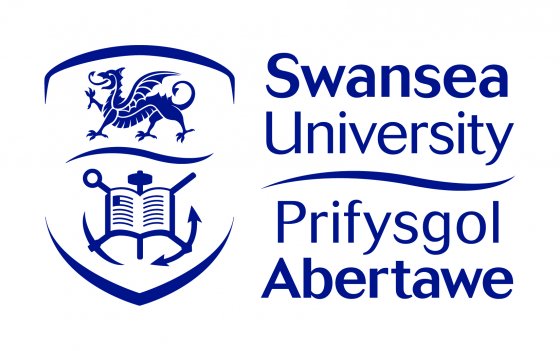BIOSCIENCES / AQUACULTURE: FULLY FUNDED KESS II MSC BY RESEARCH SCHOLARSHIP: MULTI-TROPHIC AQUAPONICS IN URBAN DEVELOPMENTS - INNOVATION IN THE CIRCULAR ECONOMY
Key Information
*This scholarships is part funded by the Welsh Government’s European Social Fund (ESF) convergence programme for East Wales.*
Start date: July 2020
The creation of Multi-use buildings in urban settings is rapidly gaining popularity as a means to regenerate city centres. However, developers are often using outdated and energy inefficient systems resulting in building with a high carbon footprint. A new revolutionary way to lower the carbon footprint of a multi-use space is to incorporate both food production in aquaponics systems, algal production in bio-fences and nutrient recapture techniques. Focusing on the circular economy by using waste streams to create new products, buildings can become an asset to the residents rather than a drain on the environment.
The Centre for Sustainable Aquatic Research (CSAR) at Swansea University has developed expertise in finfish aquaculture, aquaponics and in culturing a number of species of algae which can be incorporated into fish feeds. This project, therefore, seeks to use waste products generated by urban farms such as roots or the stems of aquaponics plants and combine then with microalgae produced from waste nutrients from fish aquaculture. These combined elements will form the bases of a viable feed rich in omega -3’s that can then be fed to aquaponics raised fish such as Tilapia. The aim is to investigate likely candidates of fish, crustaceans and microalgae to form part of this unique process and to use printed sensor technology to validate nutrient cycling and recapture.
This collaboration aims to address two key challenges:
- Incorporating hydroponic units and algal production units into one working unit; and
- Finding viable uses of waste products from both fish production and aquaponics plant production
Based at the Centre for Sustainable Aquatic Research (CSAR), this is a collaborative project with Powell Dobson.
Scholarships are collaborative awards with external partners including SMEs and micro companies, as well as public and third sector organisations. The scholarship provides 1 year funding with a 3 month period to complete the thesis. The achievement of a postgraduate skills development award, PSDA, is compulsory for each KESS II scholar and is based on a 40 credit award.
Eligibility
Candidates should have a 2.1 or above in their undergraduate degree in Bioscience or related subject. They should also be eligible for UK/EU Fees.
We would normally expect the academic and English Language requirements to be met by point of application. For details on the University’s English Language entry requirements
For more information on eligibility criteria please refer to section C of the KESS II Participant Proposal Form.
Funding
The studentship covers the full cost of UK/EU tuition fees and £1,000 bench fee, plus a stipend. The bursary will be limited to a maximum of £11,702 p.a. dependent upon the applicant's financial circumstances as assessed in section C point 4 on the KESS II Participant Proposal Form.
There will also be additional funds available for research expenses.
Please note that students receiving KESS II support are not eligible for Postgraduate Master's Degree loan.
This opportunity has expired. It was originally published here:
https://www.swansea.ac.uk/postgraduate/scholarships/research/biosciences-kess-msc-research-multi-trophic.php
